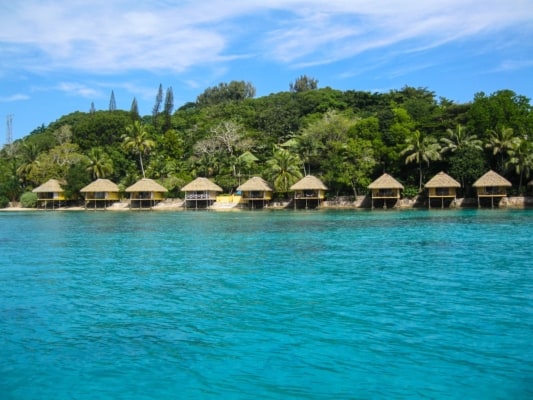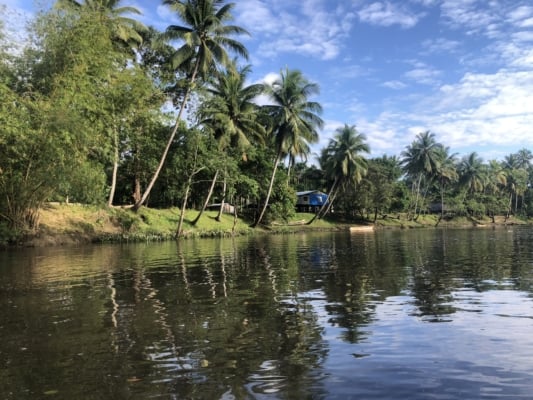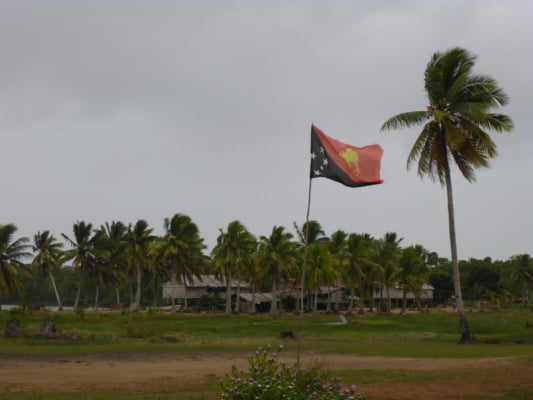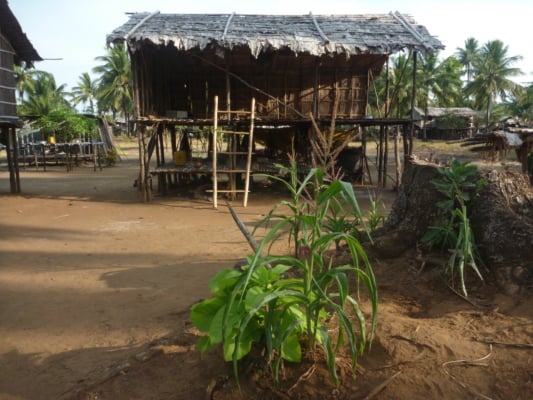This case study examines a program that worked with the transgender waria community of Banjarmasin, Indonesia. The study is part of the Gender and Politics in Practice series, and is jointly published with The Asia Foundation.
The program increased social integration and acceptance for waria by promoting positive interaction at the household and community levels. It used political analysis to build networks and coalitions of local actors pushing to transform social norms. It also successfully lobbied government authorities to formally register Banjarmasin’s waria association, and engaged key provincial and local government offices to improve social services for waria. This approach has significantly increased local acceptance and access to services for the waria.
These results were achieved by thinking and working politically in ways that integrated gender considerations. In practice, this meant employing waria in key roles, and involving local waria leaders from the outset in guiding and implementing the work. The team’s understanding of the central role that waria’s gender plays in their social exclusion informed project goals, strategies and activities. The program used simplified tools such as gender analysis and stakeholder maps, along with mentoring and peer learning events, to encourage strategic thinking, coalition building and adaptation. It also adapted its strategy over time – for example, by shifting the focus of its networking from government actors to influential community members. Though the project was politically informed, it was less ‘politically active’ in formal spheres.
This case suggests that thinking and working politically can be extended to the level of individual, household and community transformations. Moreover, it may be appropriate to work at this level until broader policy reform is feasible.














